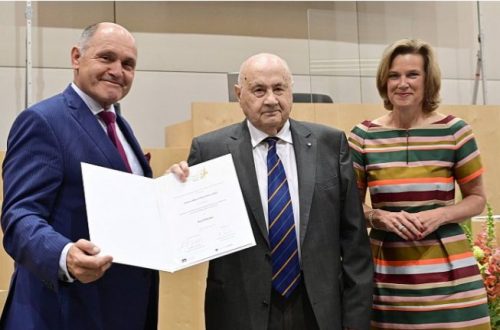Tariq Ramadan, one more time:
Religion was not Mohamed Merah’s problem ; nor is politics. A French citizen frustrated at being unable to find his place, to give his life dignity and meaning in his own country, he would find two political causes through which he could articulate his distress : Afghanistan and Palestine. He attacks symbols : the army, and kills Jews, Christians and Muslims without distinction. His political thought is that of a young man adrift, imbued neither with the values of Islam, or driven by racism and anti-Semitism. Young, disoriented, he shoots at targets whose prominence and meaning seem to have been chosen based on little more than their visibility.
The reality:
Films taken by Mohamed Merah, the Toulouse assassin, of his murders were received by the French offices of the al-Jazeera TV station yesterday and handed to the police, the newspaper Le Parisien reported last night.
The footage showing the seven killings, presumed to have been taken by a camera known to have been slung around the murderer’s neck, has been authenticated by investigators, the newspaper said. The films arrived in a package which also included a letter purporting to come from al-Qa’ida. It carried a Wednesday postmark from Toulouse. Police were said to be unsure whether it was posted by Merah on Tuesday evening before the 32-hour siege which ended in his death or by an unknown accomplice afterwards.
It is understood that the TV station had no plans to show the films, which, according to police sources, contained jumbled footage from all the attacks, intercut with verses from the Koran and religious songs.
And another piece of the jigsaw fits together:
Merah’s path to radicalism remains murky but appears to have been influenced by family connections. His mother is married to Sabri Essid, a member of a Toulouse network that tried to recruit fighters to join al Qaeda in Iraq. Essid was convicted in a French court in 2009 after being detained in Syria in 2006 where he was running an al Qaeda safe house.
According to French security officials, Merah tried to visit his stepfather in prison in 2008 and sent him money.
His brother Abdelkader was also suspected of involvement in the same network but not charged. He has now been charged with complicity in the recent spate of murders.
A senior Belgian counterterrorism official has told CNN that Abdelkader Merah first came to their notice during a joint investigation in 2008 with French police into a Brussels, Belgium-based jihadist recruitment network. The network was sending Belgian and French militants to Cairo en route to join militants in Iraq — and may also have connected Europeans to jihadist groups in the Afghanistan-Pakistan border region.
While living in Cairo, Abdelkader Merah was associated with militants, said the official, but the investigation did not result in charges against him. Investigators are now looking more closely at the time Mohammed Merah spent with his brother in Egypt.
It is also possible that Mohammed Merah became radicalized while serving a 21-month prison sentence for theft in France. He told police during the standoff that he had learned the Quran while in jail.
At some point, Merah appears to have developed connections with Forsane Alizza, a pro-al Qaeda group in France with a cluster of followers in Toulouse. The group was outlawed in January 2012 for encouraging French citizens to travel to Afghanistan to fight jihad.
According to an analysis by the International Centre for the Study of Radicalization, the group has between 30 and 100 full-fledged members and several thousand online followers. Following the ban, its leader Mohamed Achamlane warned “armed struggle is possible” should French society become more hostile to Islam.
And there’s lots more.


